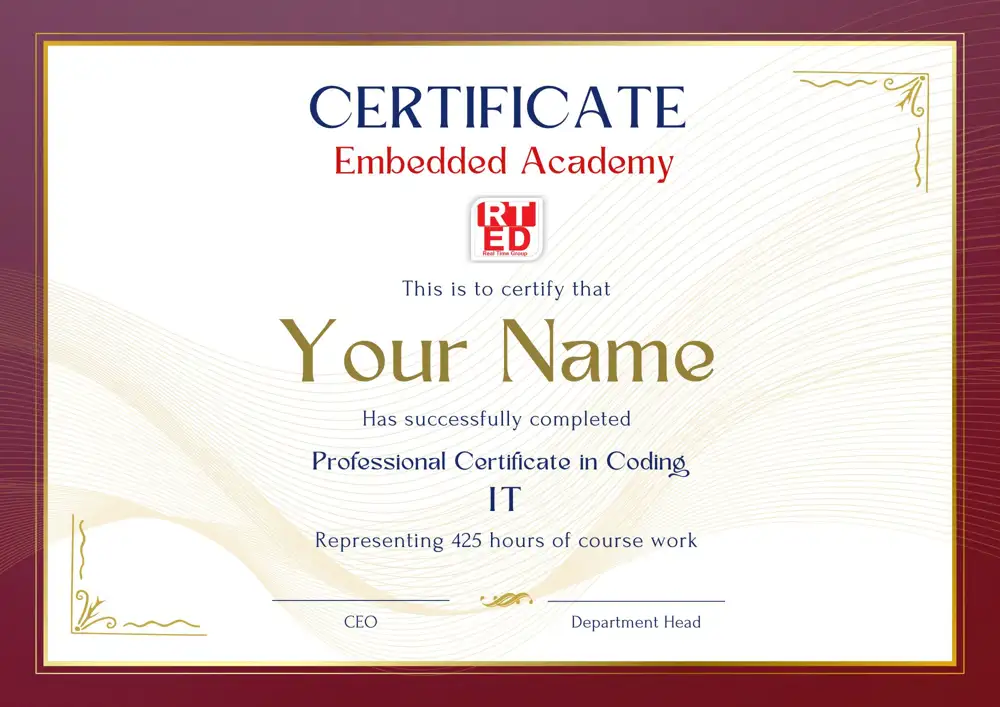After completing a Linux Server Administration - IT Professional program, you can integrate into various roles and job positions within the IT industry. Some of the potential roles include:
1. Linux System Administrator: Managing and maintaining Linux-based servers, including installation, configuration, troubleshooting, and security tasks.
2. Cloud Administrator: Managing and maintaining cloud infrastructure, provisioning virtual machines, configuring networking, and ensuring security in cloud environments such as AWS, Azure, or Google Cloud.
3. Network Administrator: Overseeing the configuration, management, and troubleshooting of network systems, including routers, switches, firewalls, and other networking components.
4. System Engineer: Designing, implementing, and managing complex IT systems and infrastructure, including servers, networks, and applications.
5. IT Support Specialist: Providing technical support and troubleshooting assistance to end-users and colleagues, addressing hardware, software, and network-related issues.
6. Technical Support Engineer: Offering specialized technical support for products, services, or software, often requiring in-depth knowledge of server systems.
7. IT Consultant: Advising organizations on their IT infrastructure, including recommending solutions, designing systems, and helping with technology decisions.
These are just a few of the roles available, as Linux server administration skills are highly versatile and sought after in various sectors of the IT industry.














